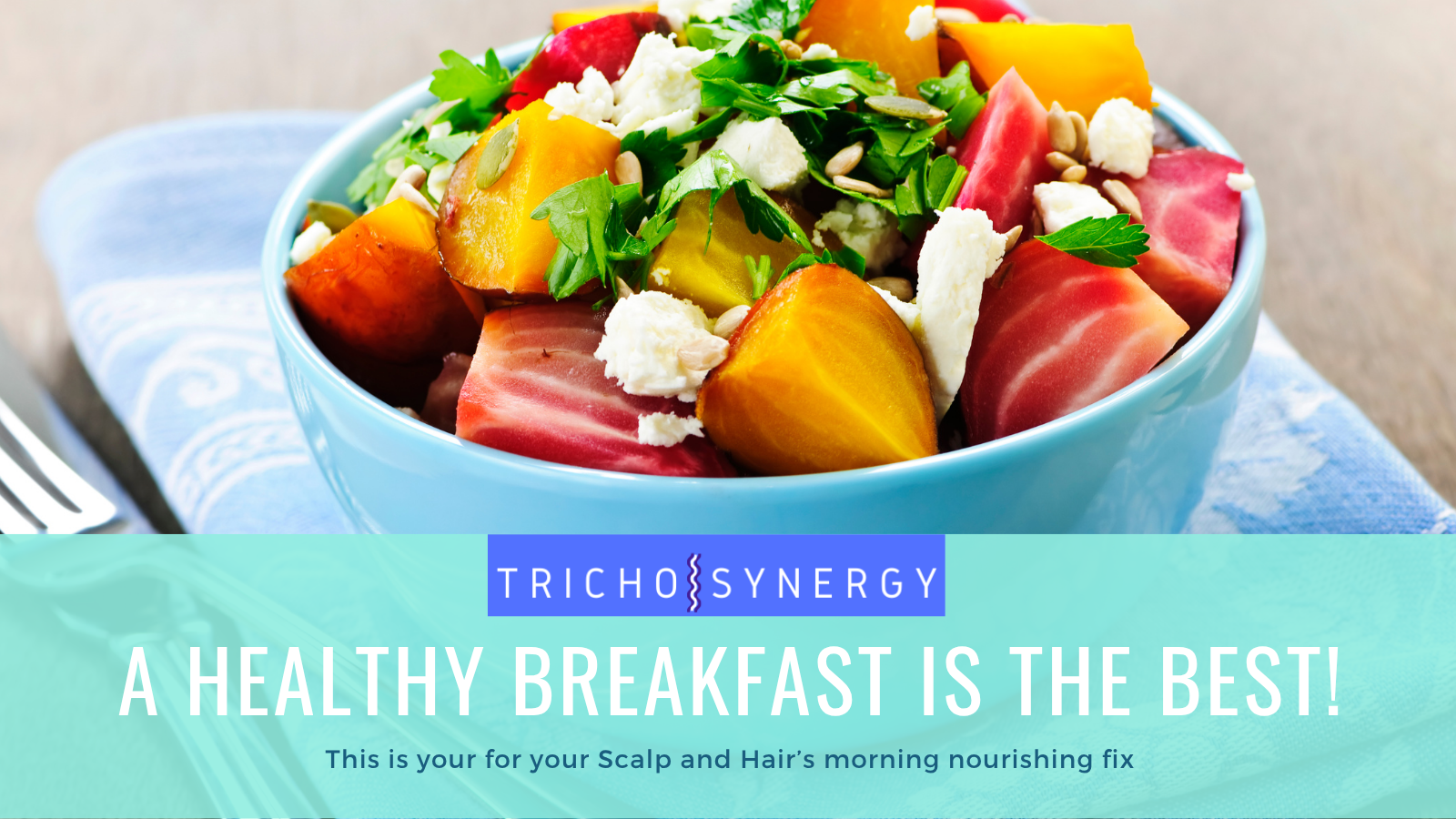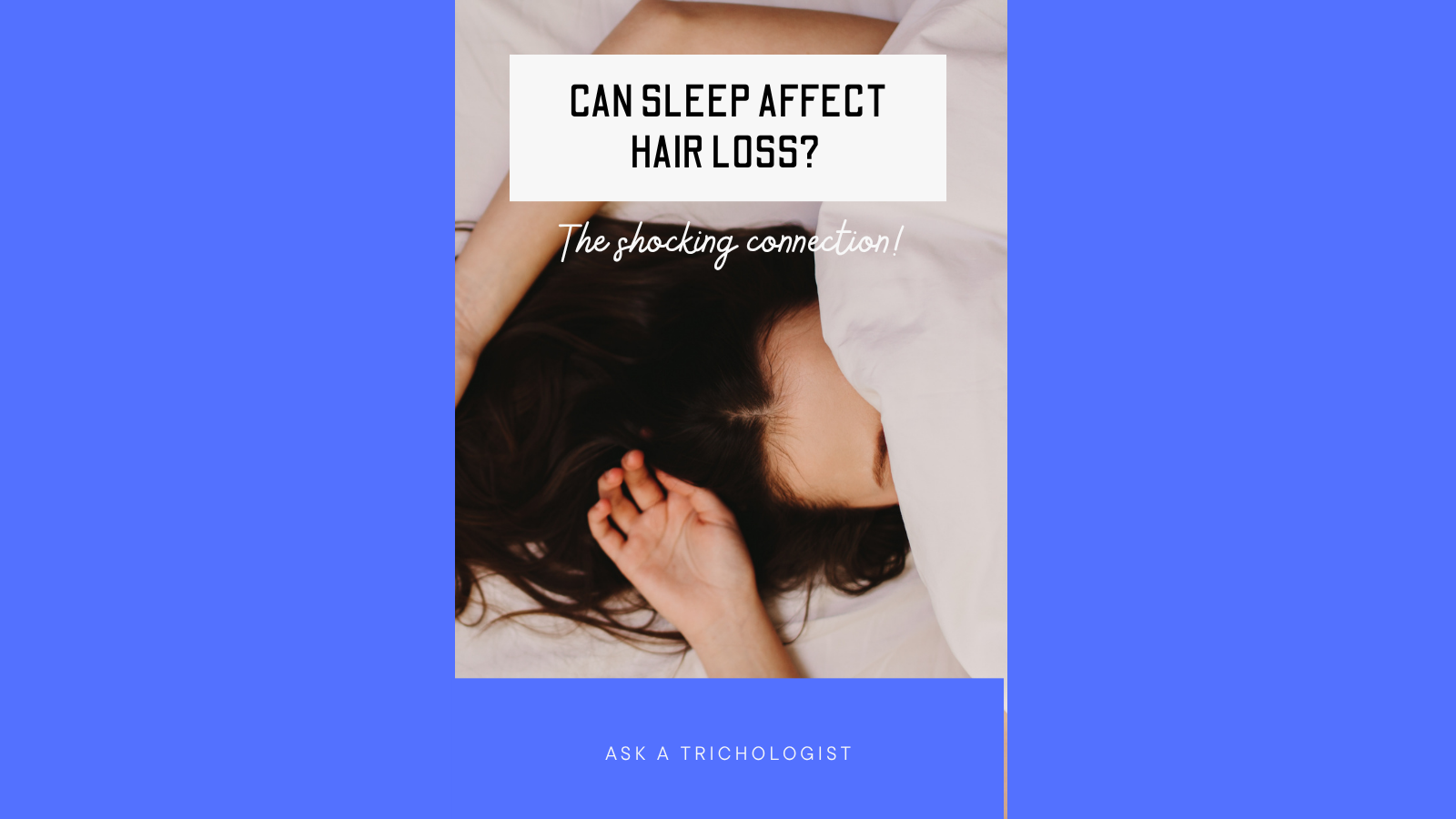Nourishing Your Hair On A Plant-Based Diet
Nourishing Your Hair on a Plant-Based Diet: The Essential Vitamin Guide
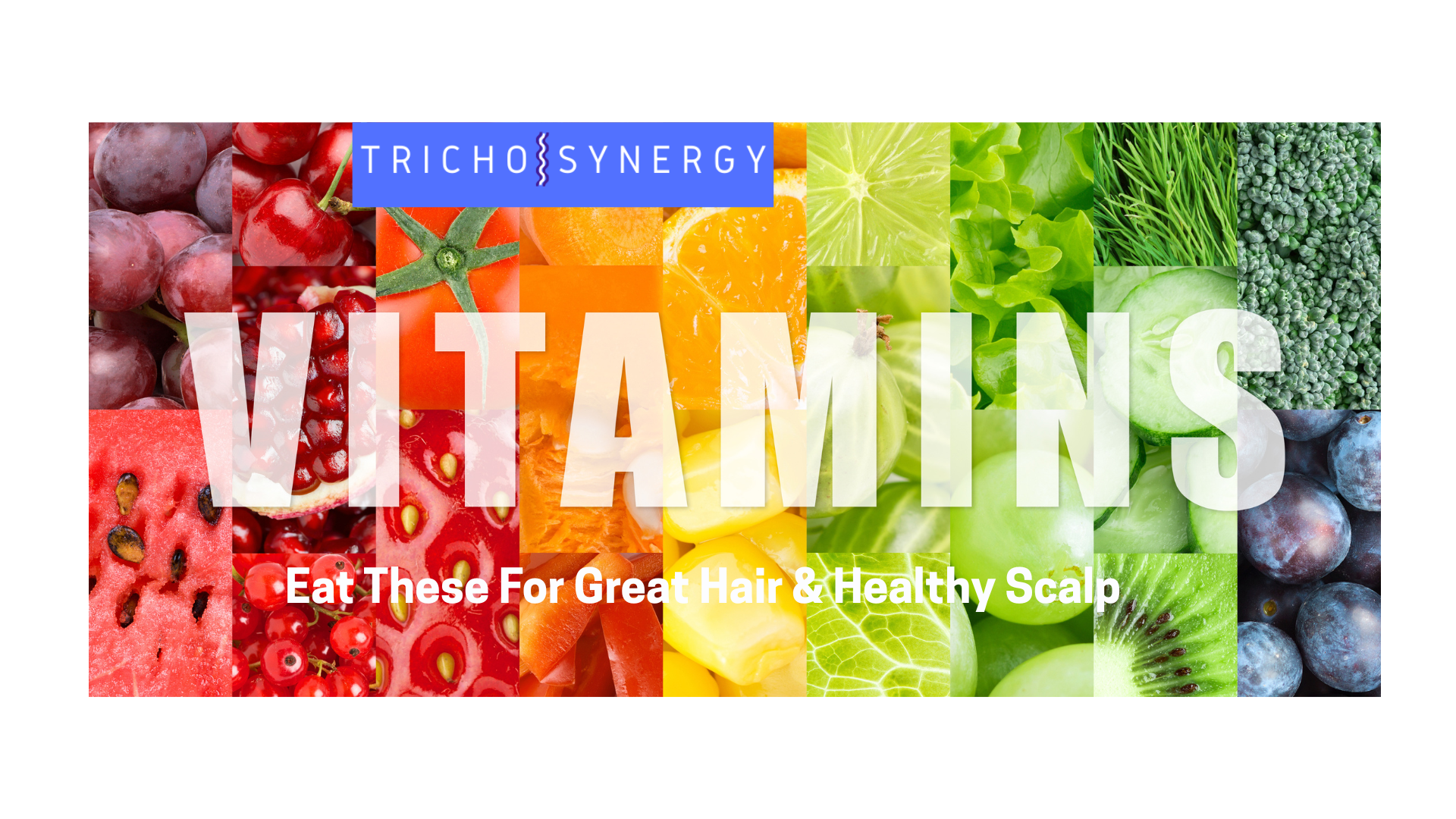
Living a plant-based lifestyle offers incredible benefits for your health and the planet, but it does require some thoughtful planning to ensure you’re getting all the nutrients your body needs.
Your hair, in particular, requires specific vitamins and minerals to maintain its strength, shine, and growth. While a well-planned plant-based diet can provide most of these nutrients, certain vitamins may need special attention or supplementation.
Why Hair Health Matters on a Plant-Based Diet
Your hair is essentially a reflection of your overall nutritional status. Each strand is made primarily of protein and requires a steady supply of vitamins and minerals to grow strong and healthy. When you’re plant-based, some nutrients that are readily available in animal products become less accessible, potentially affecting hair quality if not properly addressed.
Essential Vitamins for Hair Health

Vitamin B12: The Critical Supplement
Vitamin B12 is perhaps the most important supplement for anyone following a plant-based diet. This vitamin is crucial for cell division and DNA synthesis, processes that are essential for hair follicle health and growth.
Why it matters for hair:
B12 deficiency can lead to hair thinning, premature graying, and even hair loss. Since B12 is primarily found in animal products, plant-based eaters are at higher risk for deficiency.
Supplementation:
Take a B12 supplement providing 250-500 mcg daily, or 2,500 mcg weekly. Look for methylcobalamin or cyanocobalamin forms.
I recommend having your B12 level checked and then take the appropriate level of supplementation required to bring yourself within the accepted range.
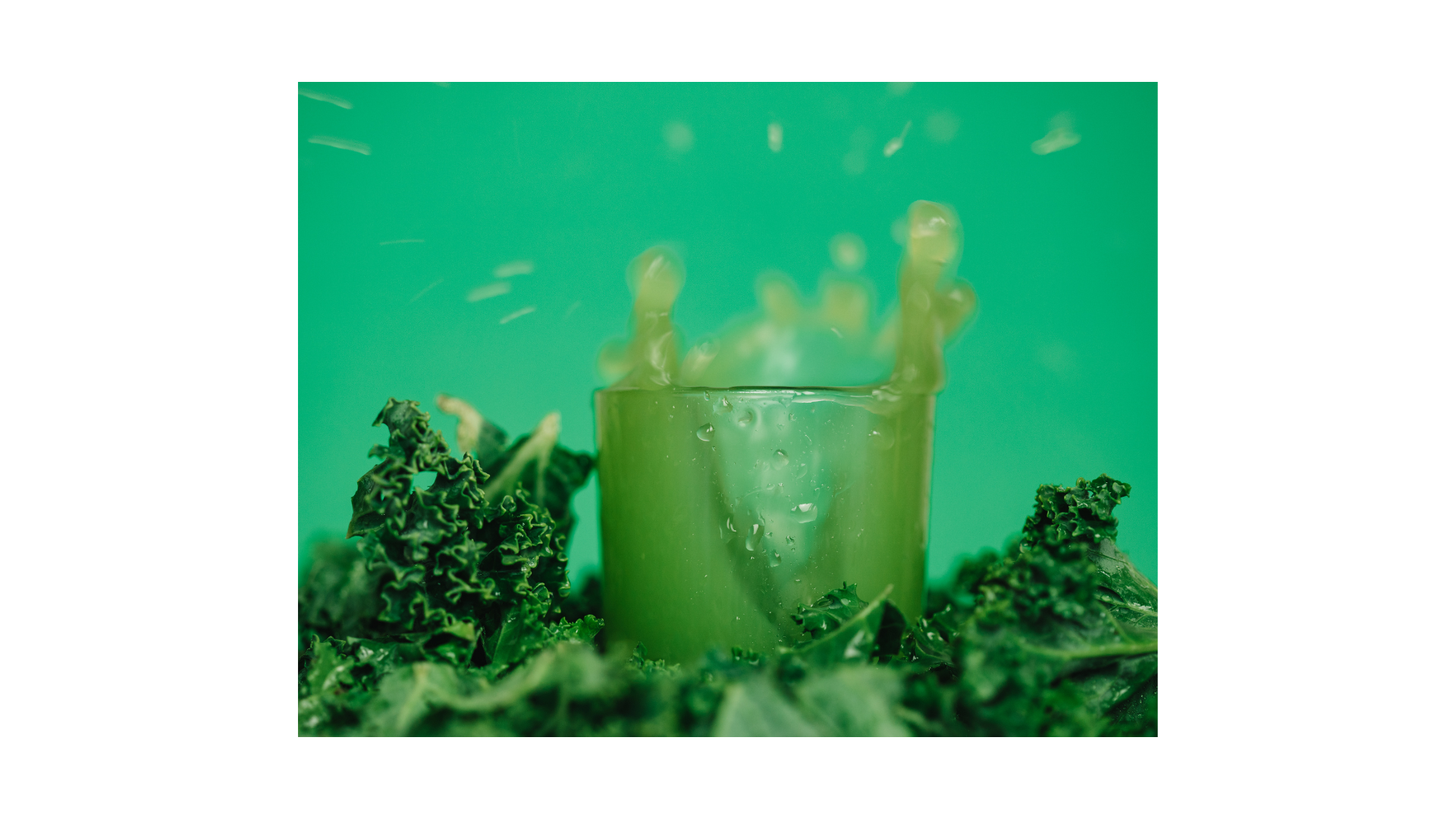
Iron: Supporting Hair Growth
Iron deficiency is one of the most common nutritional causes of hair loss, particularly in women. Plant-based sources of iron (non-heme iron) are less easily absorbed than iron from meat sources.
Why it matters for hair:
Iron helps carry oxygen to hair follicles. Without adequate iron, hair growth slows and existing hair may become thin and brittle.
Supplementation strategy:
Consider an iron supplement if blood tests show low levels. Pair with vitamin C to enhance absorption, and avoid taking with calcium or tea/coffee.
Vitamin D:
The Sunshine Vitamin
Many people, regardless of diet, are deficient in vitamin D, but plant-based eaters may have additional challenges since few plant foods contain this vitamin.
Why it matters for hair:
Vitamin D plays a role in hair follicle cycling and may help with hair regrowth. Deficiency has been linked to alopecia and hair thinning.
Supplementation:
Most adults need 1,000-2,000 IU daily, but have your levels tested to determine your specific needs.

Omega-3 Fatty Acids:
For Shine and Strength
While not technically a vitamin, omega-3 fatty acids are crucial for hair health and can be challenging to obtain in adequate amounts on a plant-based diet.
Why it matters for hair?
Omega-3s help keep hair shiny, reduce inflammation that can affect hair growth, and support scalp health.
Plant-based sources:
Include flaxseeds, chia seeds, walnuts, and hemp seeds in your diet. Consider an algae-based omega-3 supplement for EPA and DHA.
Vitamins You Can Get from Plants: Biotin and B-Complex Vitamins
Most B vitamins are readily available in plant foods, but it’s worth ensuring you’re getting enough of the entire complex, as they work together to support hair health.
Good plant sources: Nutritional yeast, whole grains, legumes, leafy greens, and fortified plant milks.
Zinc
Zinc deficiency can cause hair loss and slow hair growth. Plant-based sources include pumpkin seeds, cashews, and chickpeas, but absorption can be limited.
Consider supplementation if you experience hair thinning, slow wound healing, or frequent infections.
A plant-based diet can absolutely support healthy, beautiful hair when properly planned. The key is being proactive about potential nutrient gaps and addressing them before they affect your hair’s health.
While supplements can help fill gaps, they work best alongside a varied, nutrient-dense plant-based diet rich in whole foods. Focus on eating a rainbow of fruits and vegetables, plenty of legumes and whole grains, nuts and seeds, and don’t forget to stay hydrated.
Remember that hair growth is slow, so it may take 3-6 months to see improvements after addressing nutritional deficiencies. Your hair is a long-term investment in your appearance and confidence. By taking a proactive approach to nutrition and supplementation, you can maintain strong, healthy hair while living your plant-based values.
NB: Always consult with a healthcare provider before starting new supplements, especially if you have underlying health conditions or take medications. Individual needs may vary based on age, gender, activity level, and overall health status.
Vitamin C
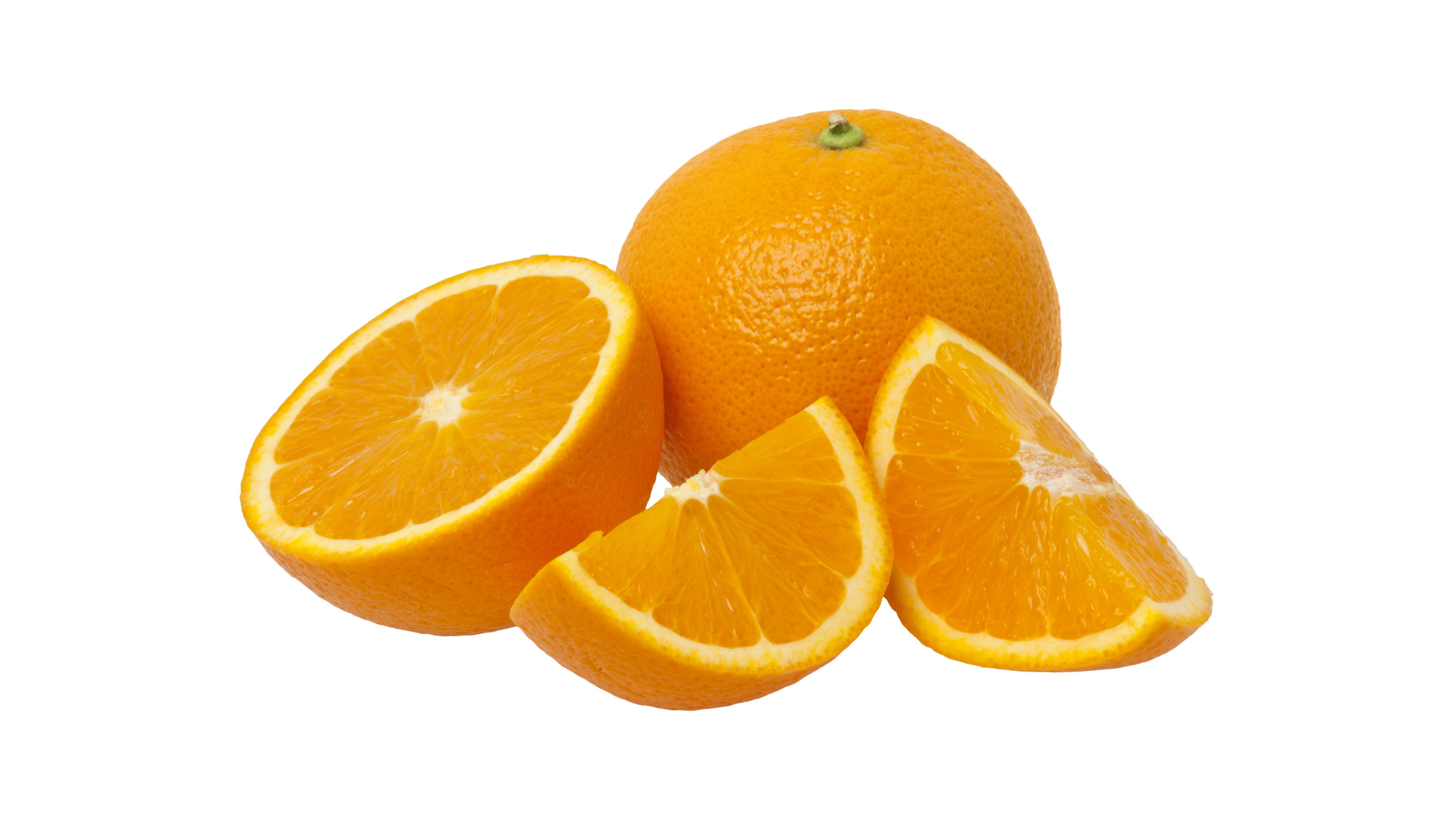
While abundant in plant foods, vitamin C is worth highlighting because it helps with iron absorption and collagen production, both important for hair health.
Best sources:
Citrus fruits, berries, bell peppers, and leafy greens.
Creating Your Supplementation Plan
Start with the basics:
Every plant-based eater should supplement with B12. This is non-negotiable for long-term health.
Get tested:
Before adding other supplements, make sure you get your blood tested to check your levels of iron, vitamin D, and B12. This helps you target your specific needs.
Quality matters:
Choose reputable supplement brands that undergo third-party testing. Look for certifications like USP.
Signs Your Hair Needs Nutritional Support
Watch for these indicators that your hair might need additional nutritional support:
- Increased hair shedding (more than 100 strands daily)
- Hair that breaks easily or feels brittle
- Slow hair growth or thinning
- Premature greying
- Dry, dull appearance
I see many patients who are vitamin deficient due to their plant-based diets. We cannot make the vital amino acids and minerals contained in animal products. Do get in touch if you need some one-to-one advice, just click the button below .
"We are passionate about healthy hair"
Hair loss treatments for patients in and around London. Providing TrichoSynergy personal consultations and hair treatments.
Don't despair! Call to find out how we can help...
At TrichoSynergy we diagnose the cause and provide bespoke treatments for each of our patients.
Happy Healthy Hair Blog
